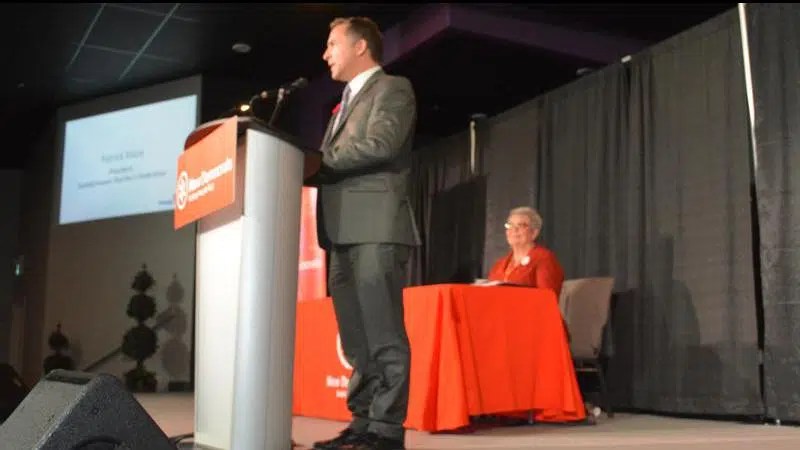
Province’s teachers vote on next steps in impasse with government
Saskatchewan’s teachers are voting today and tomorrow on next steps regarding their dispute with the province over class size,composition and working conditions.
The Saskatchewan Teachers Federation (STF) is asking membership to vote on sanctions. If they vote in favour, the STF’s executive will decide on whether their members should take action. These could include withdrawing their services for extracurricular activities at the lower end of the scale, or a walk-out at the opposite end of the spectrum.
STF President Patrick Mays said they are hoping to get a strong mandate of support from the membership.
“That shows confidence in their bargaining team and confidence that we can make a difference in their situation,” he told paNOW.


